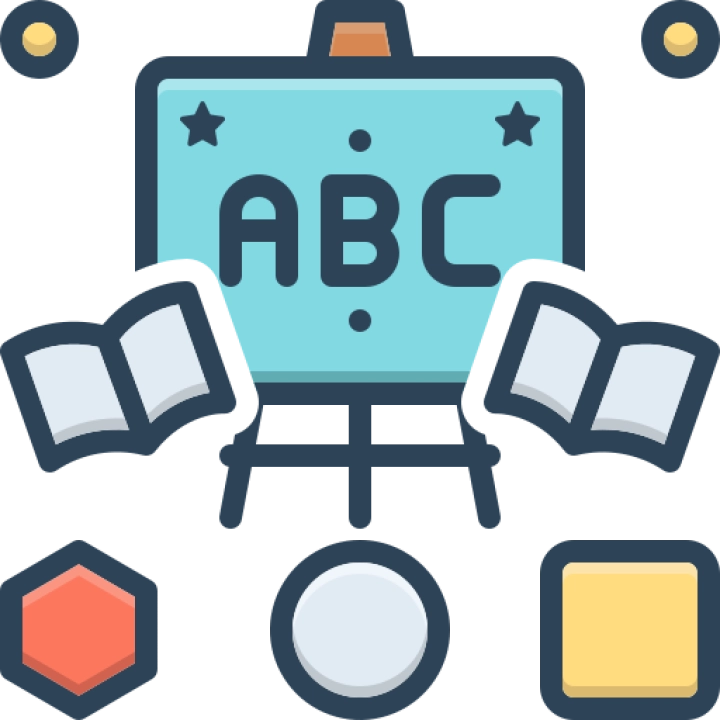College: Education
This major prepares students to work as primary school teachers, focusing on educational theories, teaching methodologies, curriculum development, child growth, and classroom management. Students develop practical teaching skills and theoretical knowledge to support the educational and developmental needs of young learners. Graduates are prepared for roles in primary schools, educational institutions, and related environments.
Learning Objectives:
- Understand the fundamentals of educational theories and primary education practices.
- Develop skills in curriculum development, teaching methodologies, and assessment.
- Learn techniques for child growth, classroom management, and inclusive education.
- Explore educational principles, industry standards, and regulatory compliance.
- Analyze challenges and opportunities in primary education.
- Develop communication, problem-solving, and teaching skills for effective instruction.
Main Outline:
- Introduction to Primary Education
- Overview of key concepts and industry trends in primary education.
- Fundamentals of educational theories and teaching practices.
- Educational Theories
- Main educational theories and their applications in primary education.
- Techniques for integrating theories into teaching practices.
- Teaching Methods
- Basics of teaching methods, including student-centered learning, inquiry-based learning, and cooperative learning.
- Techniques for delivering effective primary level lessons and educational activities.
- Curriculum Development
- Principles of curriculum planning, execution, and evaluation.
- Techniques for designing effective primary curricula and educational materials.
- Child Development
- Fundamentals of child development, including cognitive, social, emotional, and physical growth.
- Techniques for supporting and nurturing child growth in educational settings.
- Classroom Management
- Principles of classroom management, including behavior management, classroom organization, and student engagement.
- Techniques for creating and maintaining a positive and effective learning environment.
- Inclusive Education
- Understanding and addressing diverse learning needs and abilities.
- Techniques for implementing inclusive and differentiated education practices.
- Practical Training in Primary Education
- Real-world teaching experiences, including observations, student teaching, and practical projects in primary school settings.
- Application of acquired skills in practical primary education teaching.
- Capstone Project in Primary Education
- A comprehensive project to apply skills in curriculum development, teaching methodologies, or child development.
- Presentation of a polished primary education project or case study.
Assessment Methods:
- Lesson plans, curriculum development projects, teaching methodology analyses, child development studies, classroom management plans, inclusive education projects, practical training reports, capstone projects, group projects, and student teaching assessments.
Recommended Textbooks:
- "Educational Psychology" by Jeanne Ellis Ormrod.
- "Curriculum Development in Early Childhood Education" by Sue Bredekamp.
- "Teaching Methods in Primary Education" by various authors.
- "Child Development" by Laura E. Berk.
- "Classroom Management Techniques" by various authors.
- "Inclusive Education: A Practical Guide for Schools" by various authors.
Prerequisites:
Basic knowledge of education, child development, and teaching methods. Suitable for students interested in primary education, teaching, and related fields.
Program Duration:
Typically 4 years to earn a bachelor's degree, including coursework, projects, practical training, and student teaching.
Certification:
Graduates can earn a degree in primary education and pursue professional certifications or teaching licenses, such as a teaching license or related fields.
Target Audience:
Aspiring primary school teachers, educational specialists, and individuals seeking careers in primary education and related fields. This major equips students with the practical, theoretical, and educational skills necessary to excel in primary education, supporting careers in teaching, curriculum development, and related fields.

